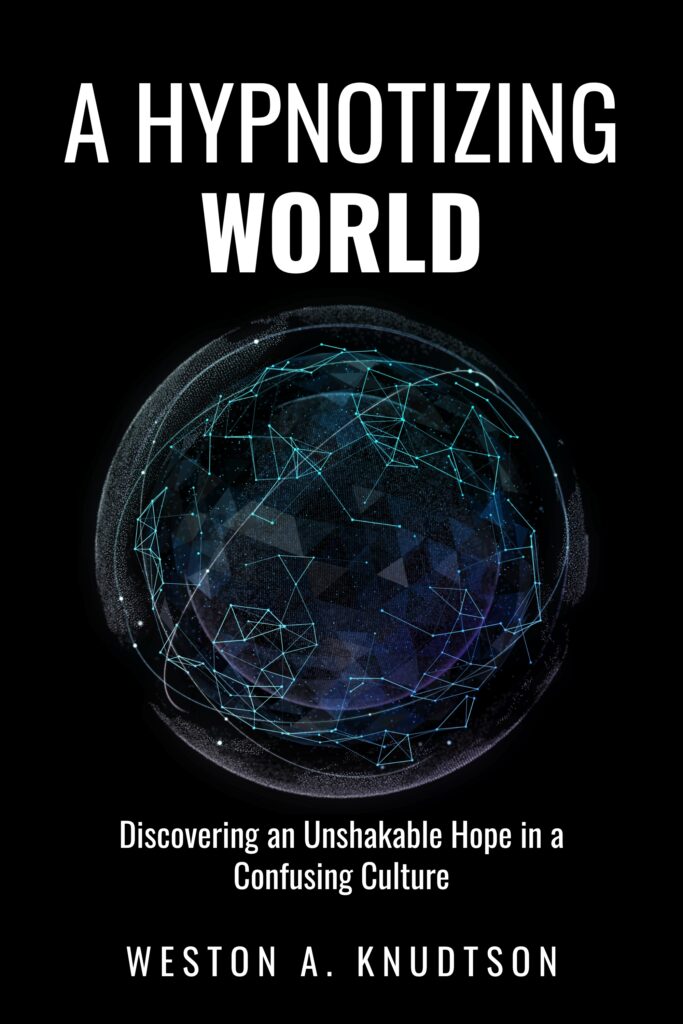Growing up, I rarely questioned my beliefs and values. My family taught me right from wrong and good versus evil. I understood this more and more as I made good and bad decisions through life. What I observed and experienced is that there is always a right and wrong choice. Yes, right and wrong become blurry sometimes, but it’s because of our feelings, our selfish and prideful nature, not because of truth being relative. Truth is what gives my beliefs and values a backbone and foundation. Truth is what helps me answer the “why” behind my beliefs and values. But is this truth only relative to me, because of how I was brought up in my culture, or is it absolute, objective, and universal? Let’s find out together.
Last week, we talked about how Good and Evil are defined. If you haven’t already, you can check out last week’s post by clicking here. We discussed how God alone is good and, therefore, has the only authority to define good. The definition of good then sets up the boundaries for defining evil because evil is the opposite of good. Good cannot be defined by mankind because each person’s definition would be slightly different. This would also alter the definition of evil. Good has to be absolute and objective to have any true meaning. God, being unchanging, is the only being who has the ability and authority to define an absolute good. In the same way, there has to be an absolute truth.
This brings us to the main question of this post: Is truth only relative and subjective? Or is it absolute and objective? Relativism argues that there are no absolute or universal truths. In this post, I’ll explain how there are absolute and universal truths. Truth is absolute and objective in order to hold the world together. If truth were only relative and subjective, there would be no meaning, foundation, or life to anything. There must be some absolute and solid ground for anything to exist.
Before we continue this discussion, let me provide a few definitions for you:
Truth: Fact, reality, standard, original, or authentic.
Relativism: There are no absolute or universal truths.
Subjective: Based on personal feelings.
Absolute: Final; Not relative or comparative; Universally valid.
Objective: Not based on personal feelings.
If There Was No Absolute Truth
As we work on answering this question surrounding truth, we also have to ask another question: What would the world look like if there was no absolute truth? I don’t believe a world could exist without absolute truth. There would be nothing to hold it together. Think about our world. It’s together because of the laws of nature, our moral laws, and much more. Chaos and lawlessness cannot sustain life. Each culture understands, at a very basic level, that a people cannot survive without a foundation of morals, a code to live by. Where does this come from? Some type of moral code has been around from the beginning. For example, I think every culture knows and believes that murder is evil. This is not a relative truth if it is ingrained in every human being from birth. We can look at history to see that laws against murder have been in place in every culture for centuries.
When we’re talking about a relative truth, that differs from culture to culture, we are looking at personal preferences—rules and customs. For example, some cultures don’t shake hands or smile when in specific situations. These are relative to that culture because they can’t fit with every people group. Just because there are many relative truths for each culture, does not mean there is no absolute and universal truth.
No Room for Gray
Another thing to consider in this discussion is the issue of clarity. Without clarity that comes from an absolute truth, there is no reason, logic, discernment, or wisdom. Without absolutes, there is nothing for reason, logic, discernment, or wisdom to stick to. These would have no weight, no backbone. With only relative and subjective truths, no one could reason between a right or a wrong because everything goes based on preference or feelings. Essentially, this would mean that your “truth” is no better or worse than my “truth”. Relativism only forms gray areas. Absolute truth leaves no room for gray.
Because absolute truth leaves no room for gray, it is offensive. It’s offensive because there is no arguing with it. It is simply black and white. Absolute truth is also self-sustaining. It holds itself up. There is nothing to question. Without this, as we stated before, there cannot be reason, logic, discernment, or wisdom. If the world could exist without reason, logic, discernment, or wisdom, it would forever be suspended in a cloud of questions.
So, what are your thoughts on this? Do you believe there are no absolute truths?
Stay tuned for next week’s post where we’ll discuss why Christianity says there is absolute truth and how Jesus is absolute truth.


